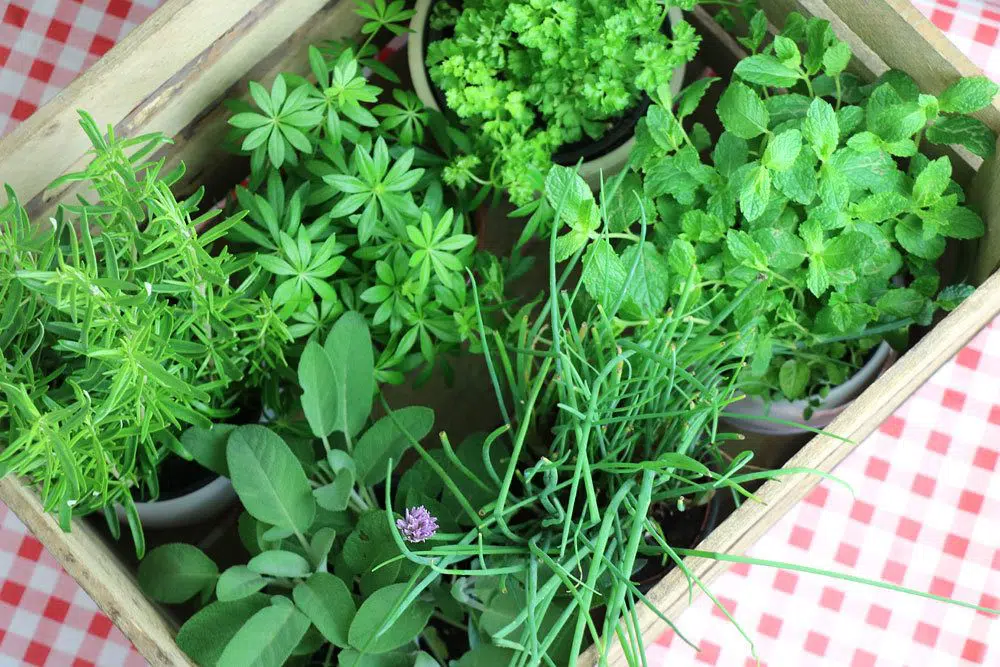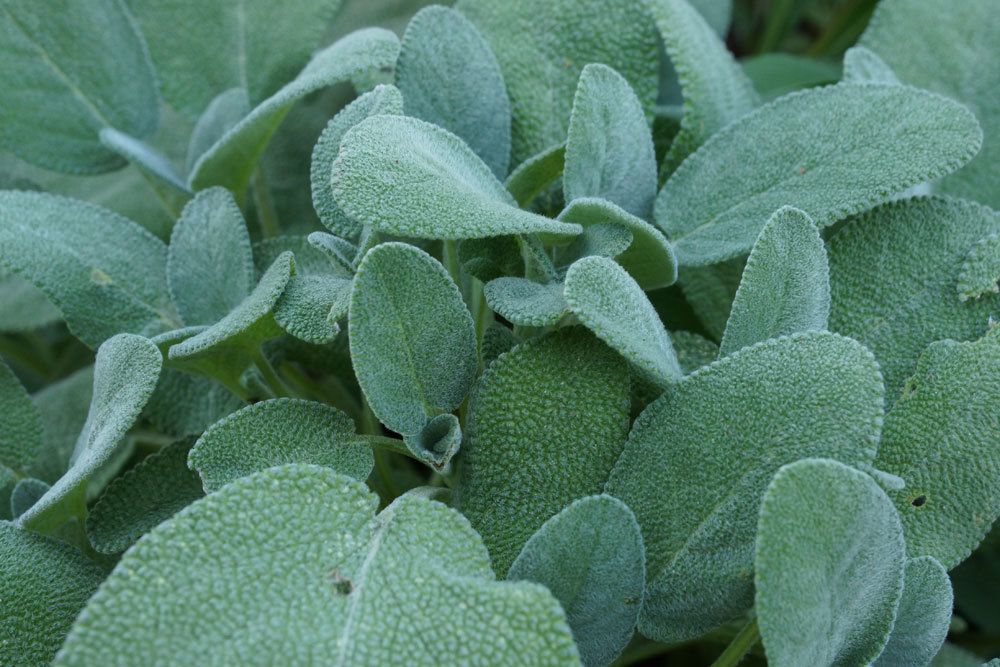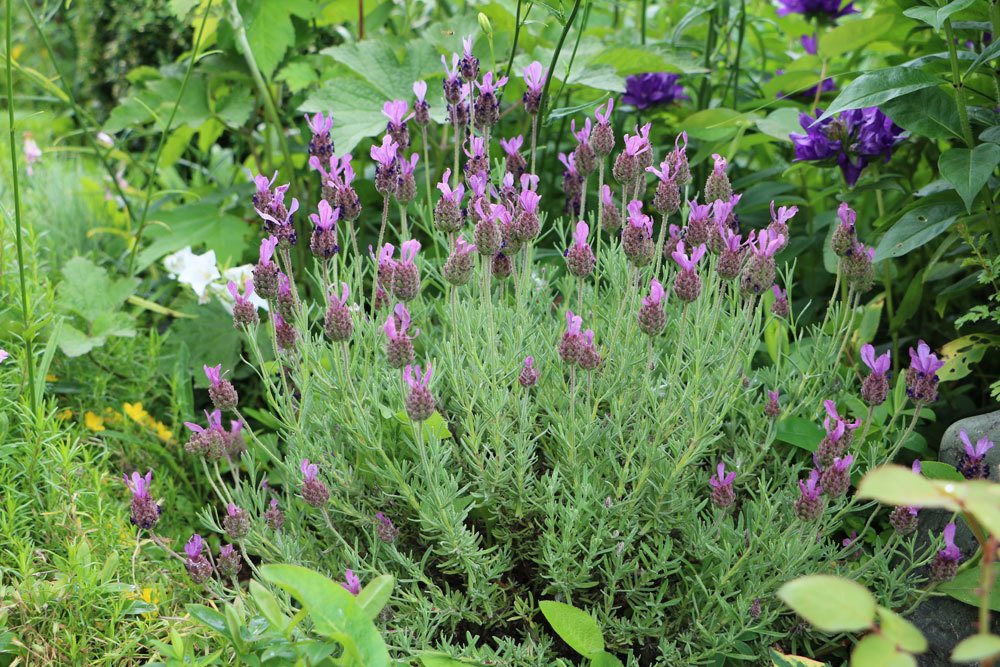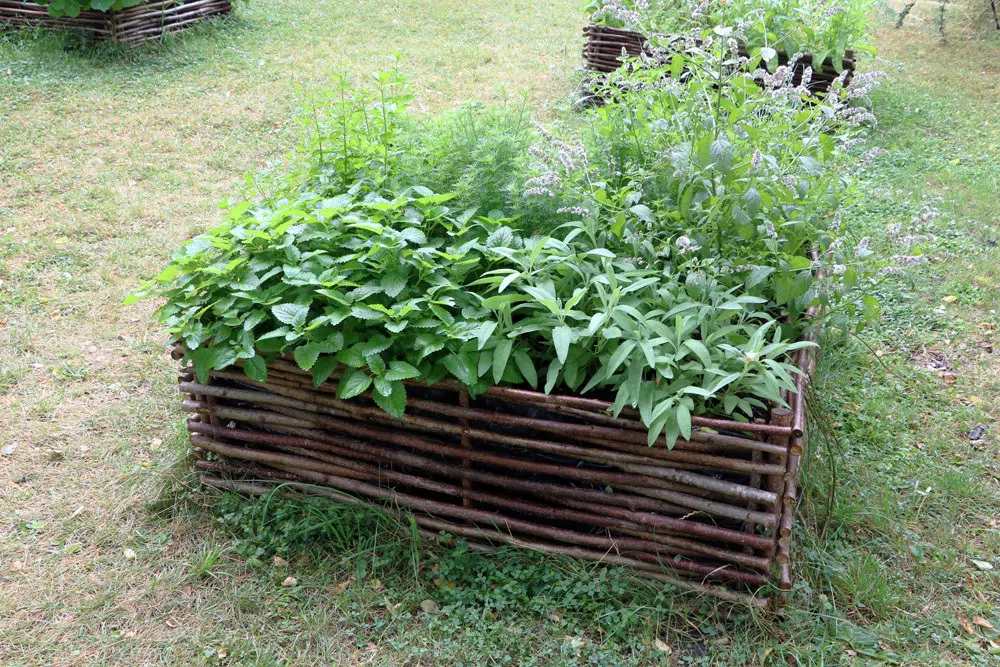Fresh herbs enrich the kitchen and make almost every dish a delicacy. Although you can buy more or less fresh herbs in almost any supermarket today, the herbs from your own garden taste much better, are fresher and, above all, available at any time. At the same time, a well-stocked herb bed doesn’t even take up much space, and the care required is also within manageable limits.
Contents
Why the right planting time is important
For your herbaceous perennials to thrive, they should be planted at the right time. However, the optimal time can vary significantly depending on which herb you prefer. When you should plant depends on the climate you have, among other things, as well as the winter or frost hardiness of the herbaceous plants you choose. Well-managed nurseries usually offer potted herbs at the time when they can be planted in the garden without problems, with a few exceptions. Among them is often quite delicate basil.

Most varieties of basil are already quite sensitive to temperatures below + 15 ° C.. They are better suited for planting in a pot or on a south-facing balcony than for the garden bed. Accustom basil to fresh air slowly before planting it in the garden or herb bed. Even one cool night, however, can be its undoing. That’s why wait until it’s warm enough at night before planting.
Perennial herbs
Winter-hardy or perennial herbs
Generally, spring is considered the optimal time for planting a wide variety of herbs. However, it is highly recommended to plant hardy or perennial herbaceous perennials as early as autumn for the coming season. The ideal time to repot or replant these herb plants is September and October. This offers some advantages. However, perennial does not generally equate to absolutely frost hardy.
If you have already planted your herbs in the fall and they are well established before winter, they will sprout again very early in the spring. At a time when you can not even think about planting, the first green already appears on these herbs. The plants are quite resistant to late night frosts, but also to prolonged drought, which is not so rare in the spring or early summer. So you can start harvesting relatively early.
Good to plant in the fall:
- Mint
- Wormwood
- Thyme
- Tarragon
- Mugwort
Advantages of planting in autumn
In the fall, many herb plants grow better and faster than in the spring. This is due in no small part to the autumn and winter wetness of the soil. It closes tightly around the roots relatively quickly, filling small voids. By spring, many new roots have formed, which can draw moisture and nutrients even from greater depths. This largely prevents withering or nutrient deficiencies.
- Mediterranean herbs
- Sage
- Rosemary
- Thyme
Many of the well-known Mediterranean herbs are perennial and hardy to a certain extent. With these herbs, your region plays an important role when thinking about the best time to plant them. If you live in a wine-growing region where winters are relatively mild, then you may well plant as early as fall. You can then harvest from evergreen herbs such as sage or rosemary well into winter or even year-round.

However, if you tend to have a long and/or particularly cold winter, then prefer planting in the spring. Although most herbaceous perennials recover quite quickly from any frost damage, it does take some time before they are fully sprouted again and ready for the next harvest. In this case, frost-free overwintering and replanting in the spring is recommended.
- Exotic herbs
- Lemon grass
- Curry herb
- Coriander
- Thai basil
Even with exotic herbs, you should distinguish between frost-hardy and sensitive herbs and choose the planting time accordingly. Thai basil and cilantro are among the so-called annual herbs that you should plant in spring. They do not tolerate frost. So plant them in the garden no earlier than the second half of May. Be sure to pay attention to the weather forecast. If there are still isolated night frosts expected, then postpone the time for planting a few days.
When to plant or sow the main herbs:
- Savory: sowing and planting from May.
- Dill: sowing from April
- Tarragon: sow Russian tarragon from April, plant French tarragon from the end of May
- Garden cress: Sowing in the garden from March, indoors all year round
- Chervil: Sowing from the end of March
- Coriander: Sowing from April
- Lavender: planting from May
- Lovage: sowing and planting in April
- Marjoram: sowing and planting only after the Ice Saints
- Parsley: Sowing from the middle of March
- Rosemary: planting from April
- Sage: planting from April/May
- Chives: Sowing in the garden from March, indoors all year round
- Thyme: planting from the end of April
- Lemon balm: Sowing and planting from May

When is the best time of day for planting herbs.
Of course, gardening is most fun when it is sunny and warm, but for planting this weather is not so suitable. An overcast day that is only moderately warm is ideal for this. This makes it easier for the plants. They have less stress, grow more easily and recover quickly. This is especially true for herbs that prefer a warm sunny location. Planted in the midday heat and not sufficiently acclimated to it, these herb plants burn quite quickly.
In the early morning hours, it is usually still relatively cool and the night moisture is still present. If the day is to remain overcast and rather cool, then you can plant your herbaceous perennials early in the morning. However, if it becomes very warm, then young herb plants in particular will be floppy by the afternoon at the latest. Therefore, it is better to postpone planting until the (early) evening. Thus, the soil was warmed throughout the day, and this also benefits the herbs. Water the young herbs well. The moist soil closes tightly around the roots and the plantlets regenerate overnight.
Advantages of evening planting:
Soil is warmed
no drying in the midday sun
young plants regenerate overnight


